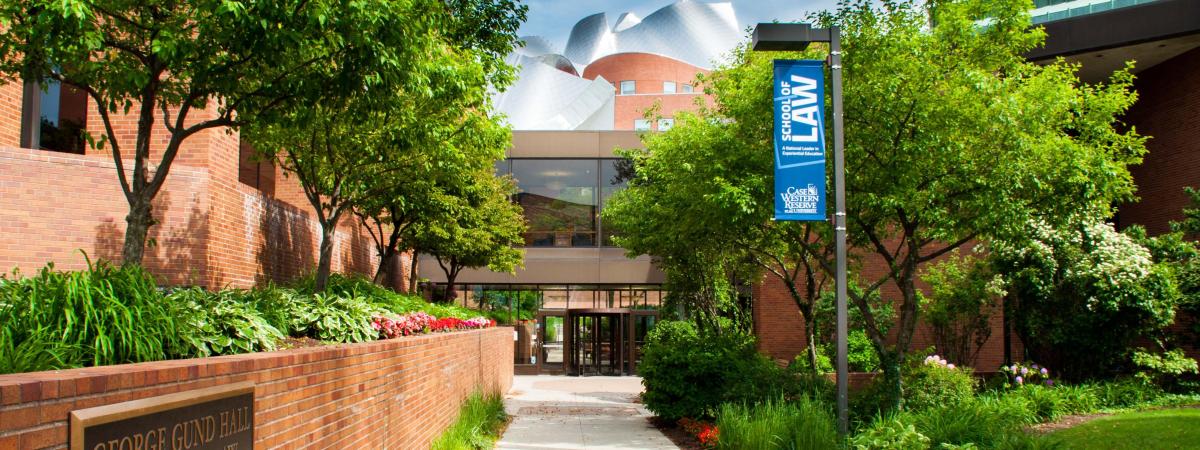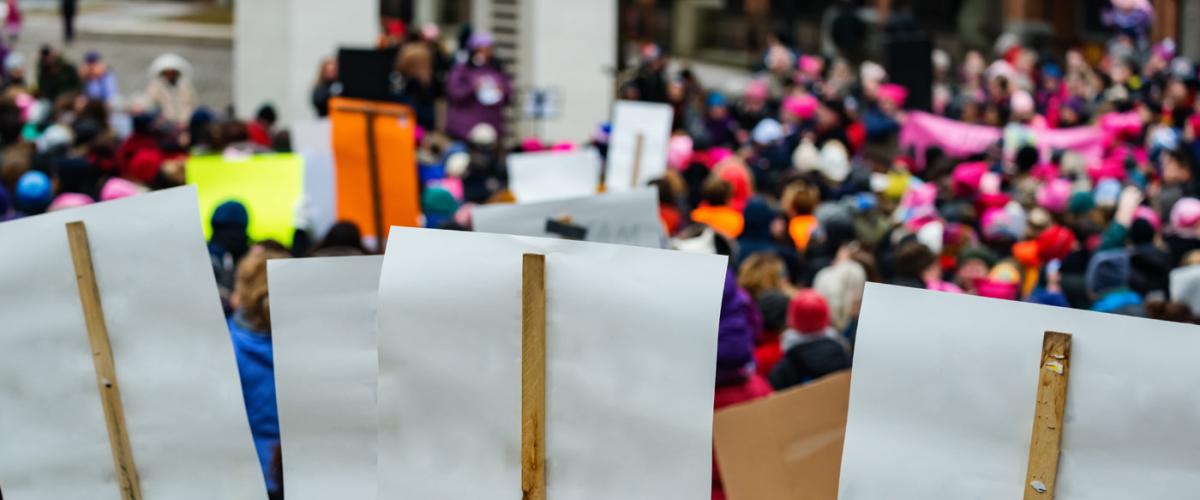George Floyd’s shocking death last May under the knee of police officer Derek Chauvin triggered profound grief, fervent protests, and intense discussions across our nation and within the (virtual) walls of our law school.
Despite graphic video footage of the 9 minutes and 29 seconds choking of Floyd and the testimony of police officers and experts condemning Chauvin’s actions, the history of acquittals in cases of police officers charged with excessive force made the verdict far from certain.
Yesterday, the jury in Minnesota found Chauvin guilty of all three counts in the murder of George Floyd.
Chauvin’s conviction cannot undo the horrific crime against George Floyd that we have glimpsed over and over on social media and in the news. Nor does it mend the irreparable harm done to his family and his community. It does not erase the thousands of incidents of racial abuse experienced by Black communities of which Floyd’s killing was but a single example, and not even the most recent.
But the verdict does provide a form of accountability. If not a turning point, we hope that it at least signals a step forward on the path to confronting the racial injustice that pervades our society, and serves as a catalyst for pursuing serious reforms. As Minnesota Attorney General Keith Ellison said yesterday, “This verdict reminds us that we must make enduring, systemic societal change.”
Last June we wrote, in response to the killing of George Floyd, that “as an institution of legal education, we must play a part in moving the arc of our history toward justice. We can do this in the classroom, through public webinars, through our scholarship and through our work in the community.” Since then, you helped us initiate a process of developing an action agenda for integrating racial justice into the curriculum, advocating for reform at local and national levels, and fostering a more equitable and inclusive environment at the law school. We are committed to taking concrete steps to bring about change — not just during the news cycle, but steps that will permanently improve the culture of this institution and make an enduring impact outside its walls.
We are especially grateful for the engagement and leadership of our Black Law Students Association over the past academic year, and are inspired by the passionate commitment of members of our law school community to continuing these efforts this summer, next school year, and beyond.
Jessica Berg and Michael Scharf
Co-Deans, Case Western Reserve University School of Law





